Professor James Harold Davenport
|
|

|
|
Departments: Computer Science and Mathematical Sciences
Job Title: Hebron & Medlock Professor of Information Technology and
(until 2005) University Director of Information Technology
From January-June 2017 he was a Fulbright CyberSecurity Scholar at New York University: his blog is here.
Since June 2020, he has largely been bicycling (electric bicycle, but using as little as possible) to work. Bathwick Hill is two centiEverests in height, hence his pleasure in this certificate (dated 1 August 2023).
He is on the Advisory Board of Academy for the Mathematical Sciences.
|

|
Images:
Davenport in the robes of a Cambridge PhD, wearing the Bronze Medal of the University of Helsinki (awarded 2001).
Davenport processing in Bath in the robes of a Timişoara Doctor of Science.
Davenport
lecturing at RISC (Austria) in 2007.
Davenport,
fully at the controls,
cutting the first
sod, both
manually
and
mechanically,
for the new
home of the Department of Computer Science (23 September 2009).
Davenport
recently interviewed by BBC Radio Bristol.
Davenport about to be admitted to Freedom of the City of London: the model sheep is symbolic of a Freeman's right to drive sheep free of tolls across London Bridge, but JHD was warned that the Metropolitan Police take a dim view of those doing so outside organised sheep drives. He is a Certified Sheep Driver.
Timişoara:
Davenport has strong links with Transylvania, in particular Universitatae de Vest din Timişoara and the SYNASC Conference series where he can be seen
here
lecturing in
Transylvania (26 September 2009).
Davenport representing computer algebra at an Honorary Degree ceremony at Universitatae de Vest din Timişoara for Distinguished Professor Stephen Watt.
Professor Maruster
holding a bit, in more senses than one, of the first computer in Transylvania.
Davenport explaining the Transylvanian origins of non-Euclidean Geometry (in English and French).
Universitatae de Vest din Timişoara
recently conferred an Honorary Doctorate on Davenport. These are the reasons. Davenport tried to say "thank you" (in Romanian and English). The degree certificate is pretty impressive, as were the supporters.
Works in Computer Algebra, where he is an author of a
textbook,
many papers
(old HTML version here)
(see here for recent ones, and his ResearchGate and Google Scholar profiles),
posters
and presentations, and editor-in-chief of conference volumes: CICM 2011, SYNASC 2016 and ICMS 2018.
See Mathematical Reviews on JHD for a list that they consider "mathematical" (needs a subscription).
He is a member of the MEGA (Méthodes Effectives en Géometrie Algébrique) Advisory Board.
Having been General Chair of the 2018 International Congress on Mathematical Software, he edited a Special Issue of Mathematics in Computer Science.
He also played a significant role in the the 2020 International Congress on Mathematical Software.
His major research effort is following up his grant in
Real Geometry and Connectedness via Triangular Description, and leading the exploration of the link between Symbolic Computation and Satisfiability Checking.
He is Director of the Bath node of the Institute of Coding with special responsibility for the Observatory work package.
He also led for Bath in the development of the Institute of Coding bid into the OfS AI Masters project, which is now starting to deliver. In particular, he participated in the writing of the "Get ready for a Masters in Data Science and AI" preparatory course. This is
now launched:
First launch (31/08/2020) and
Second launch (07/12/2020)
In 2016 and 2017, and jointly with Cécile Mailler in 2018, he supervised students on the IMI Undergraduate Research Internships programme. In 2017, this was funded by the SC-square project.
He has other PhD research topics: see
this topic list.
One of his research students talks about the experience.
Recent students
| Ph.D. |
Ph.D. |
M.Sc. |
B.Sc. |
Ph.D. |
Ph.D. |
B.Sc. |
M.Sc. |
Ph.D. |
Ph.D. |
DBA |
| Ali El Kaafarani |
David Wilson |
Efthymia Viopoulou |
Stavros Kaparelos |
Benjamin Pring |
Jessica Jones |
Alexandra Gkolia |
Matthew Thorne |
Zak Tonks |
Akshar Nair |
Dolf Jordaan |
| Traceability, Linkability and Policy Hiding in Attribute-Based Signature Schemes |
Advances in Cylindrical Algebraic Decomposition |
An investigation of JavaScript
isolation mechanisms
Sandboxing implementations |
Extending Cachegrind : L2 cache inclusion and TLB measuring |
Cryptography against an adversary with quantum resources |
Auto-tuning compiler options for HPC |
Machine Learning to Cluster Questions |
|
Poly-algorithmic Techniques in
Real Quantifier Elimination |
Curtains in Cylindrical Algebraic Decomposition |
The Development of a Data-Driven Framework to Measure
Teaching Presence in a Learning Management System within
a Hybrid Teaching and Learning Model: A Theory and Practice
Enhancement Case Study |
| Thesis |
Thesis |
Dissertation |
Dissertation;
Code;
Slides
at FOSDEM 2015 |
Thesis |
Thesis |
Dissertation |
Dissertation; code |
Thesis |
Thesis |
Thesis; Richard and Shirley Mawditt Prize, with supervisors |
|
He chaired the Research Committee's Working Party on Powerful Computing:
report here, and is
on
the High-Performance
Computing Facilities Advisory Group: see service details here.
The recently-decommissioned system was called Balena.
Looking at the Balena system. Whole album is here.
He led for Bath in the GW4 project for an innovative ARM-based supercomputer, Phase 1 of which is pictured here.
He chaired the Project Board looking at whether to replace Balena with a cloud offering, and is now on various working parties implementing that recommendation: the main vehicle is Nimbus.
|

|
|
Activities:
Vice-President (2014-2020) and various other things of the British Computer Society.
Awarded a National Teaching Fellowship for 2014. Here are his views on the apprentice model for teaching programming and low-stakes frequent assessment for this.
Awarded a Software Sustainability Fellowship for 2016.
He represents the University on the
Bristol Military Education Committee.
He represents the University on the Institute of Coding Data Science and AI Conversion Courses consortium: Bath's own course is detailed here.
He is heavily involved with the International Collegiate Programming Contest, both for UK/Ireland and for the North-West Europe Region, hosting both the 2016 and 2017 Regional contests.
He represents the Institute for Mathematics and its Applications on the London Mathematical Society's Computer Science Committee.
Founding Editor-in-Chief LMS Journal of
Computation and Mathematics:
.
The first Ontario
Research Chair in Computer Algebra
Director of Studies, HPCDoctoral Taught Course Centre.
Former Royal Society Industrial Fellow.
Updater of his father's book The Higher Arithmetic.
Until June 2008, Director of Studies
for undergraduates, and would still like them to speak
English.
He is Pensions
Representative for the local
association of the Universities and
Colleges Union.
He coordinates Bath's entries for the ACM Intercollegiate Programming Contest, and in particular the Bath site of the UK/Ireland sub-regional contest. In 2016 and 2017, Bath was host to the NorthWest Europe Regional Finals: see the news feed.
He spoke on security of cloud computing at BCS Bristol on March 2012, and recently commented on Data Protection.
He has been heavily
involved in OpenMath, and recently spoke on this, and was interviewed on Hungarian Tv Liceum.
He was also Treasurer of the European Mathematical Trust.
|
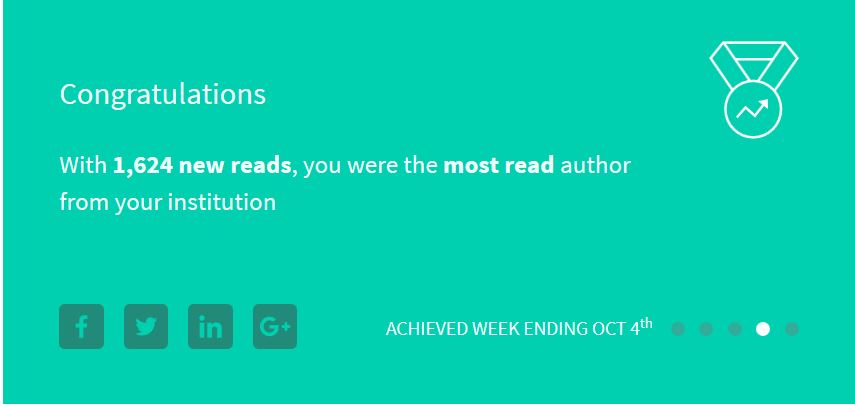

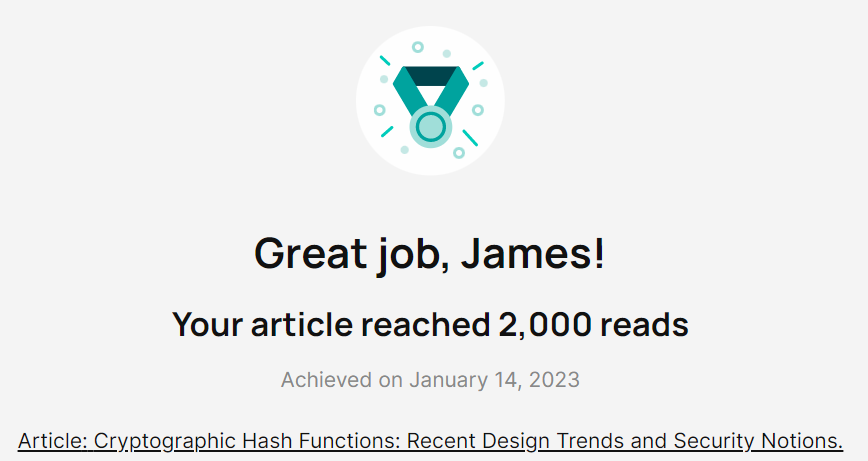
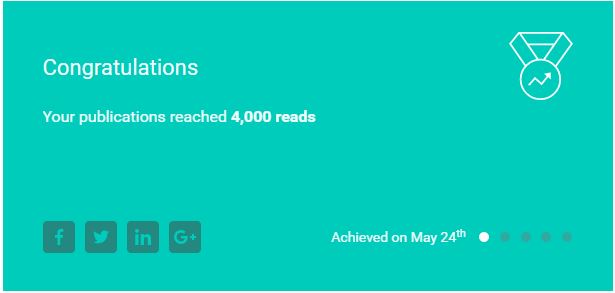
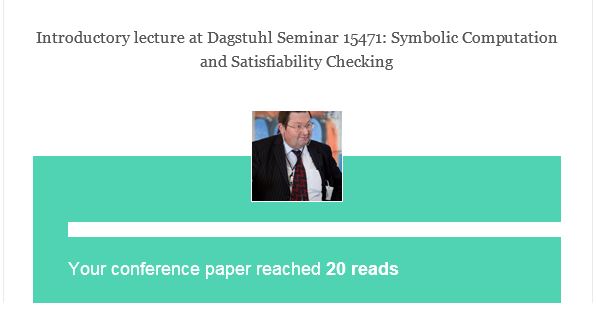
|
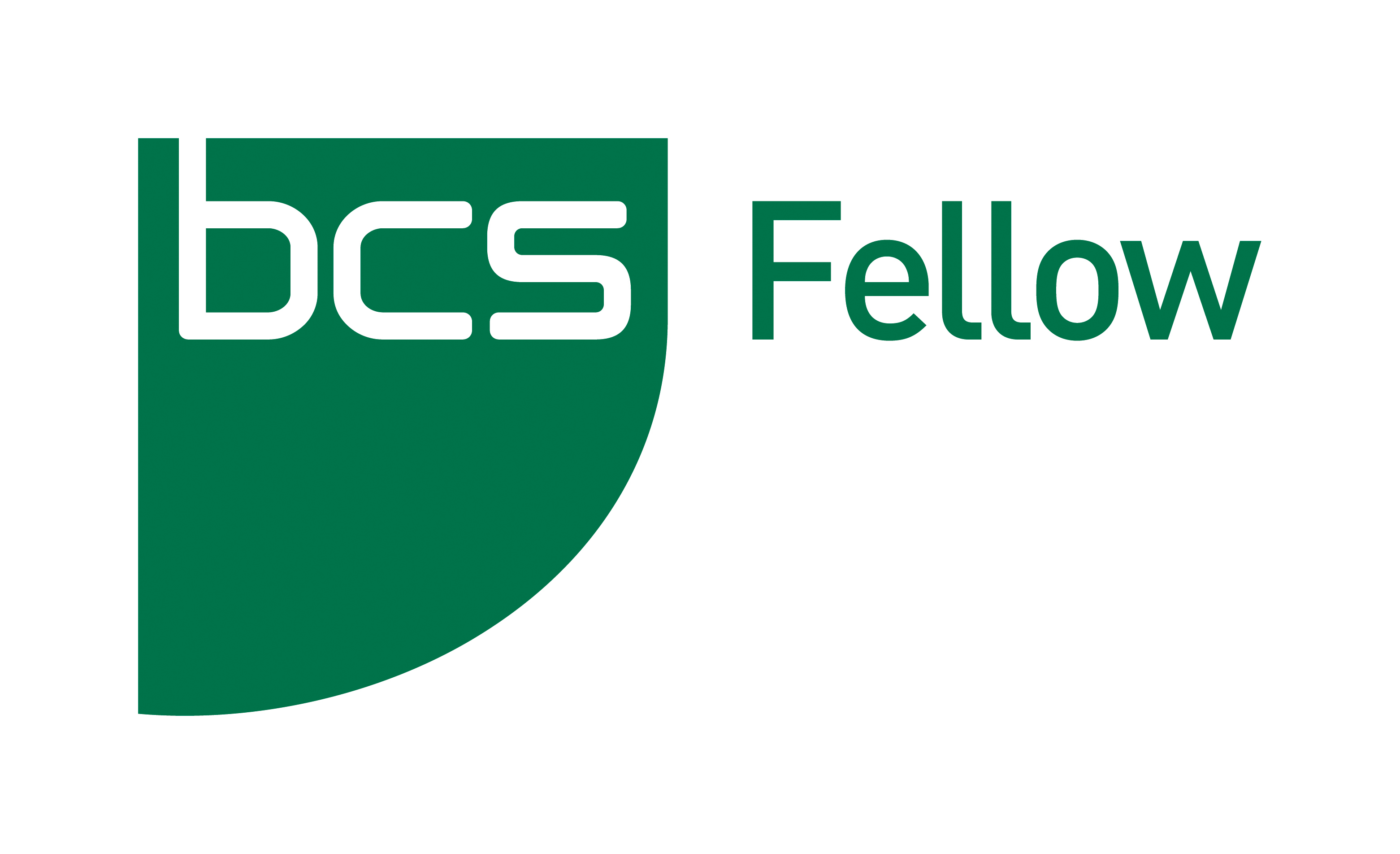

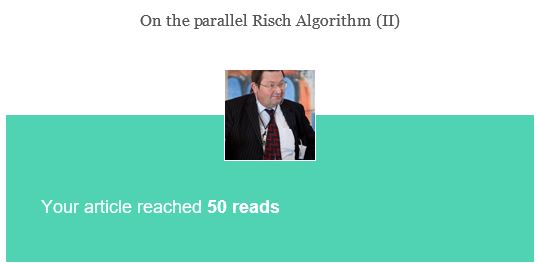

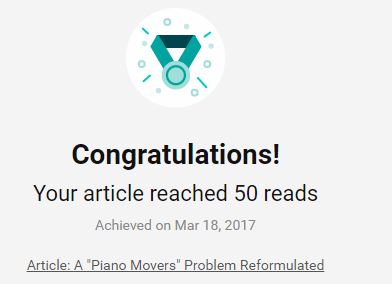
|
His notes on various scientific meetings are listed
here.
In 1958, he was taught Siberian Peasant Multiplication by Abram Besicovitch, his father's predecessor in the Rouse Ball chair. It turn, in 2023 he taught his great-nephew the same technique.
Letter in the Times
Higher Education Supplement: original here.
Telephone: +44 1225 386181
Fax: +44 1225 383436
E-mail Address: J.H.Davenport@bath.ac.uk
Postal Address:
Department of Computer Science
University of Bath
Bath
BA2 7AY
United Kingdom
Academic Year 2021/22 he taught
CM30070:
Computer Algebra, CM50209 Cybersecurity, CM50283 Cybersecurity and CM500323 Cybersecurity (three times) .
He also supervised projects in Computer Science and Mathematical Sciences, and examined various tasks in EPSRC Centre for Doctoral Training in Advanced Automotive Propulsion Systems (AAPS).
Academic Year 2020/21 he taught
CM30070:
Computer Algebra, CM50209 Cybersecurity, CM50283 Cybersecurity (twice) and CM500323 Cybersecurity (three times) .
He also supervised projects in Computer Science and Mathematical Sciences.
Academic Year 2019/20 he taught
CM30070:
Computer Algebra, CM50209 Cybersecurity, and CM50283 Cybersecurity.
He also supervised projects in Computer Science and Mathematical Sciences.
|
Academic Year 2018/19 he taught
CM30070:
Computer Algebra, CM50209 Cybersecurity, and
XX10190: Programming and Discrete Mathematics. He also supervised projects in Computer Science.
Academic Year 2017/18 he taught
CM30070:
Computer Algebra and
XX10190: Programming and Discrete Mathematics. He also supervised projects in Computer Science.
Academic Year 2016/17 he taught
CM30070:
Computer Algebra and
XX10190: Programming and Discrete Mathematics. He also supervised projects in Computer Science.
Academic Year 2015/16 he taught
CM30070:
Computer Algebra and
XX10190: Programming and Discrete Mathematics, and contributed to CM20215: Systems Development. He also supervised projects in Computer Science and Mathematical Sciences.
Academic Year 2014/15 he taught
CM30070:
Computer Algebra and
XX10190: Programming and Discrete Mathematics, and contributed to CM20215: Systems Development.
Academic Year 2013/14 he taught
CM30070:
Computer Algebra and
XX10190: Programming and Discrete Mathematics, and contributed to CM20215: Systems Development.
Academic Year 2012/13 he taught
CM30070:
Computer Algebra and
XX10190: Programming and Discrete Mathematics (HEA workshop 4
February 2013), and contributed to CM20215: Systems Development and CM30072: safety-Critical Systems.
Academic Year 2011/12 he taught
CM30070:
Computer Algebra and
XX10190: Programming and Discrete Mathematics, and contributed to CM20215; Systems Development.
Academic Year 2010/11 he taught
CM30070:
Computer Algebra and
XX10190: Programming and Discrete Mathematics:
getting started instructions.
Academic Year 2009/2010: in Semester 1 he taught
XX10190: Programming and Discrete Mathematics,
CM30070:
Computer Algebra and
CM30078/50123:
Advanced Networking, and in Semester 2 continued with XX10190.
|
His experiences with XX10190 led to writing, with fellow teachers, a chapter in
this book.

|
Academic Year 2008/2009: in Semester 1 he taught
CM30070:
Computer Algebra and
CM30078/50123:
Advanced Networking.
In Semester 2 he is on sabbatical at the
University of Waterloo. See some photographs
here.
Academic Year 2007/2008: in Semester 1 he taught
CM30070:
Computer Algebra and
CM30078/50123: Advanced Networking.
In Semester 2 he oversaw the teaching of CM30173/CM50210 Cryptography,
coordinated CM50209 Security, and supervised various projects.
In September 2009, he lectured at the
UK's prize-giving for the International Mathematical Olympiad team: his slides
are here.
|
His interests in security leads him to participate in odd events:
|

|
Image
of the church of Saint Mamas, patron saint of tax avoiders.
[University of Bath]
[Computer Algebra Information
Network]







